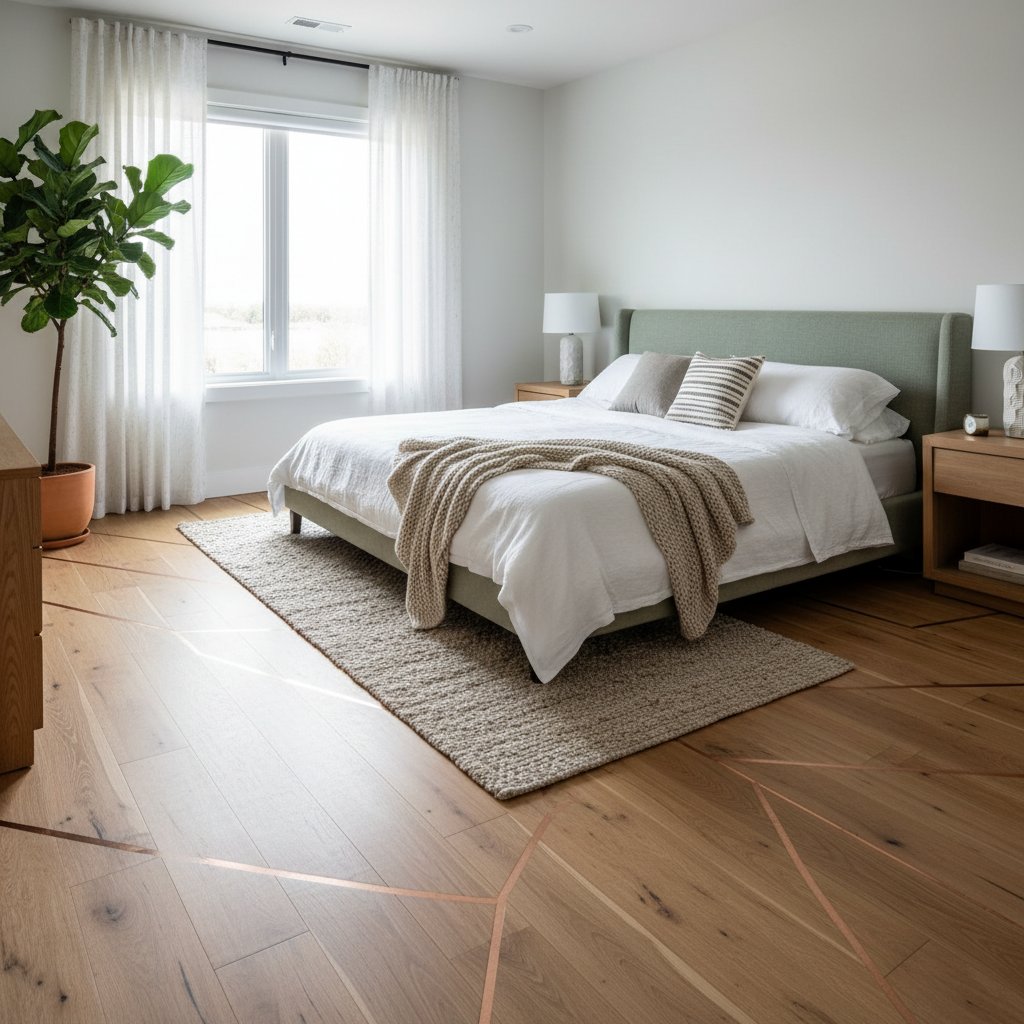Create Acoustic Wellness Rooms for Calm in 2025
Noise can wear on us in ways we often do not realize. The hum of appliances, the chatter of neighbors, or the constant buzz of traffic can make it difficult to feel settled. Our homes should offer moments of stillness, yet sound often creeps into every corner. This is where an acoustic wellness room becomes a gift. It is not about perfect silence, but about creating a space where sound feels gentle, supportive, and calming.
Why Sound Matters for Wellness
Sound influences our mood, our focus, and our ability to rest. A room designed with acoustic care softens harsh noises and makes quiet moments easier to find. This kind of space can hold your morning meditation, your evening reading ritual, or simply a pause in your day when you need to breathe and feel grounded.
When we shape sound thoughtfully, we shape a calmer state of mind.
Simple Steps to Begin
You do not need to remodel your home to create an acoustic wellness room. Small, intentional choices can bring noticeable calm. Start with one room or one corner. Here are practical steps to guide you:
-
Choose the right spot
Pick a space that already feels somewhat tucked away. A bedroom, a guest room, or even a corner of the living room can work. -
Soften with textiles
Sound bounces off hard surfaces. Add a rug, floor cushions, or fabric wall hangings to absorb echoes. -
Layer in curtains
Thick curtains not only soften sound but also create a cocooning effect. If you face street noise, this step makes a big difference. -
Use furniture as buffers
Bookshelves filled with books, baskets, or plants can absorb sound and add visual warmth. -
Introduce natural sound
A small fountain, a white noise machine, or gentle instrumental music can mask harsh noises with something soothing. -
Keep clutter minimal
Visual clutter can make noise feel louder. Clear surfaces help both your eyes and ears rest.
Micro Practices Inside the Space
Once your acoustic wellness room is set, bring it to life with simple rituals. These do not need to be long or complicated.
- Five-minute meditation: Sit quietly, focus on your breath, and let the softened sounds support your stillness.
- Quiet reading: Keep a favorite book or journal ready so you can step away from screens and settle into words on a page.
- Gentle stretching: Use the calm sound environment to guide a slow stretch routine that loosens both body and mind.
- Breathing pause: Simply close your eyes and count a few deep breaths. The softened acoustics make this feel more restorative.
Common Roadblocks and Gentle Solutions
You might worry that your home is too noisy or too small to support such a space. Remember, the goal is improvement, not perfection.
- If outside noise is strong: Use a mix of curtains, rugs, and a sound machine to mask it rather than trying to block it fully.
- If space is limited: Dedicate a single chair and side table with a soft rug underneath. Even a corner can feel like a retreat.
- If budget is tight: Repurpose what you already own. Extra blankets, pillows, or unused curtains can be layered until the room feels softer.
The Payoff
By the time you finish setting up, you will notice how different the room feels. The softened sound makes your breath slow and your body relax. It becomes easier to pause, to reflect, and to restore yourself.
Closing Reflection
Creating an acoustic wellness room is less about design perfection and more about offering yourself a sanctuary of peace. Even small changes, like adding a rug or pulling curtains, invite more calm into your days. Try spending just ten minutes in your softened space each morning or evening. Let that habit carry forward as a gentle reminder that your home can hold both quiet and care.
Celebrate your progress. Every softened sound, every cleared corner, and every mindful pause is a step toward a calmer life.



